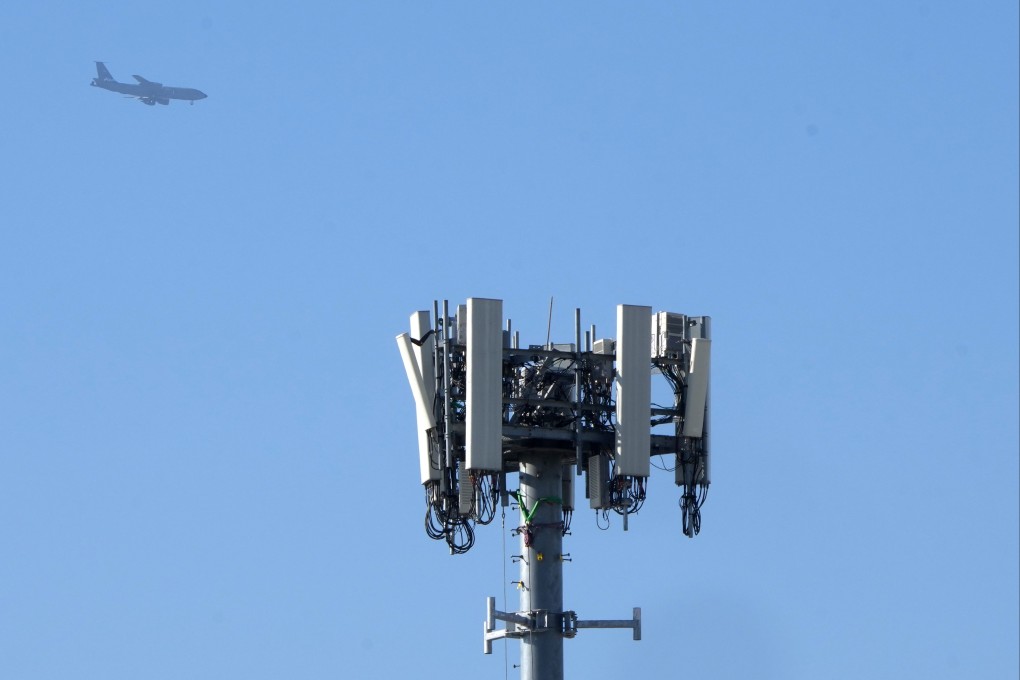China’s Huawei gains ground as market for mobile-network gear shrinks at fastest pace in 7 years amid weak 5G demand
- The magnitude of the reversal was ‘much steeper than anticipated’ and heralds a full-year decline in global revenues, says research firm Dell’oro
- Huawei Technologies’ quarterly share reached the highest level in three years

The global market for radio access networks (RAN) – the equipment that handles mobile communications – declined at the fastest pace in almost seven years last quarter, according to a report from telecoms research firm Dell’Oro Group.
The trend is bad news for 5G equipment vendors, which are already struggling as sluggish customer demand for the fastest mobile connections combines with economic conditions to slow the roll-out plans of network operators.
While demand was expected to weaken, the magnitude of the reversal was “much steeper than anticipated” and heralds a full-year decline in global RAN revenues, said the Redwood City, California-based company, whose reports are widely watched by the industry.
Ericsson and Samsung Electronics both saw a decline in RAN market share between 2022 and the first half of 2023, while Nokia recorded the largest revenue-share gain over the period, the report said. Chinese vendor Huawei Technologies’ quarterly share reached the highest level in three years.
The drop in quarterly demand follows an intense ramp-up by operators from 2017 to 2021, and somewhat more stable revenues through 2022 and into the first quarter of 2023.